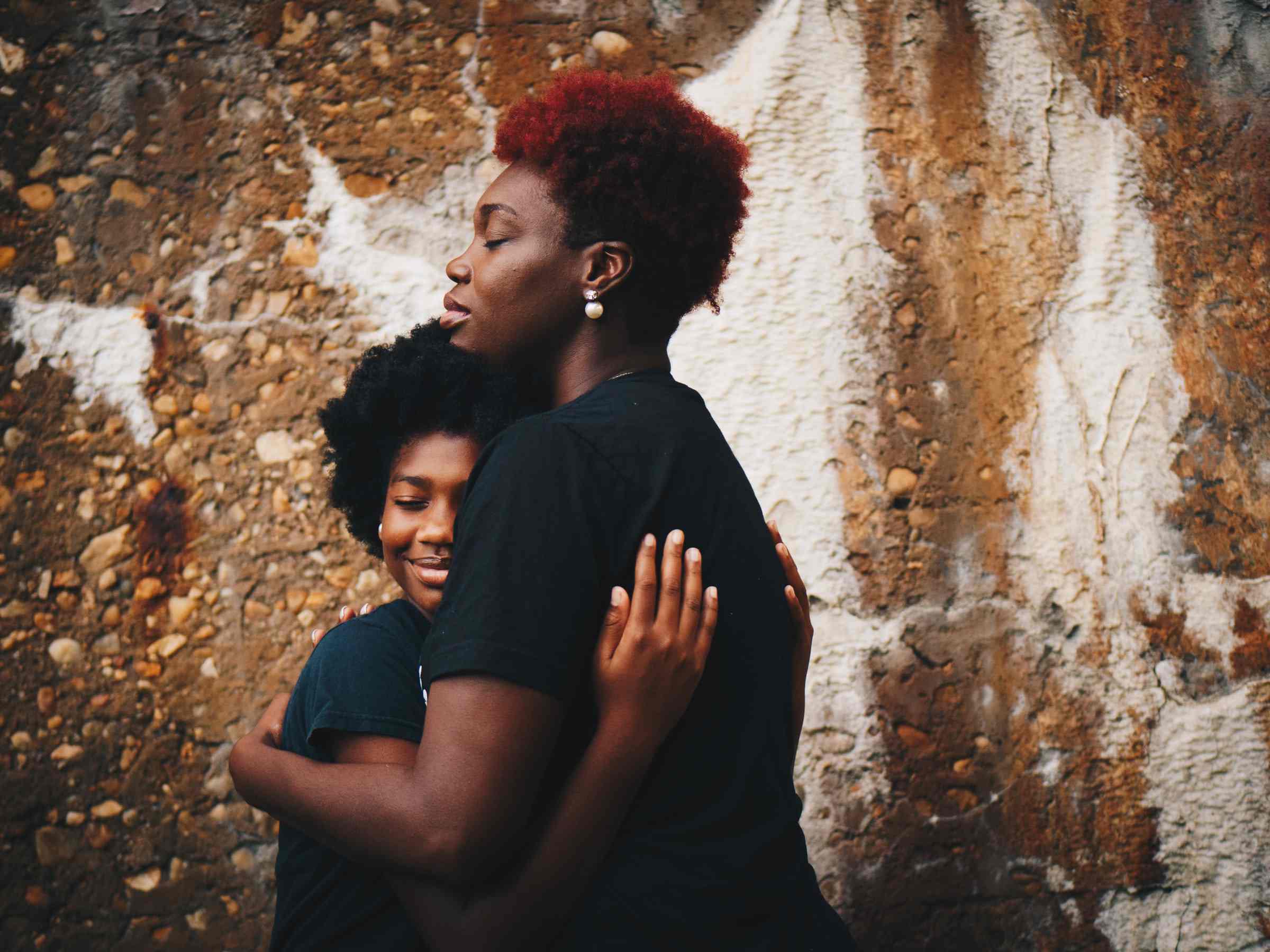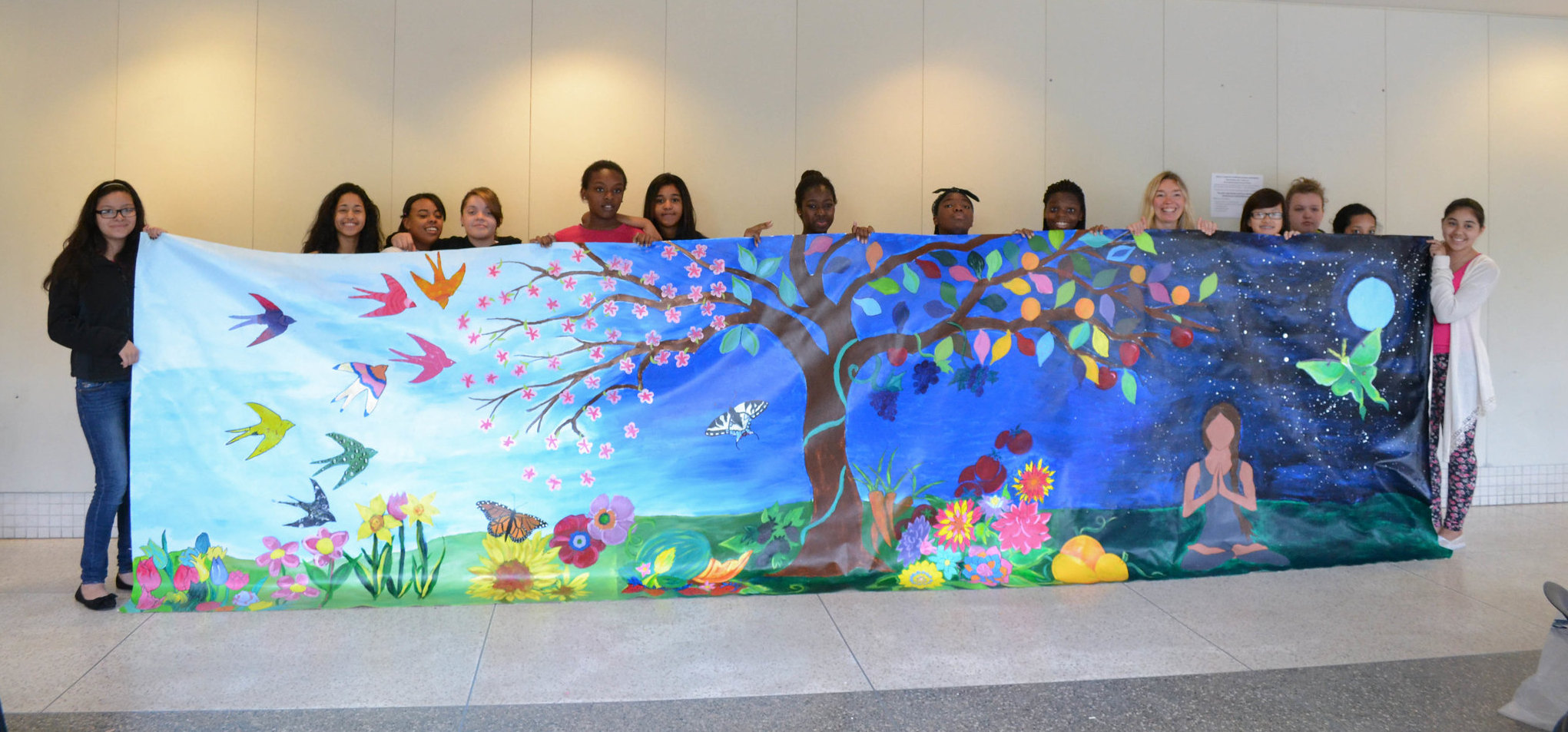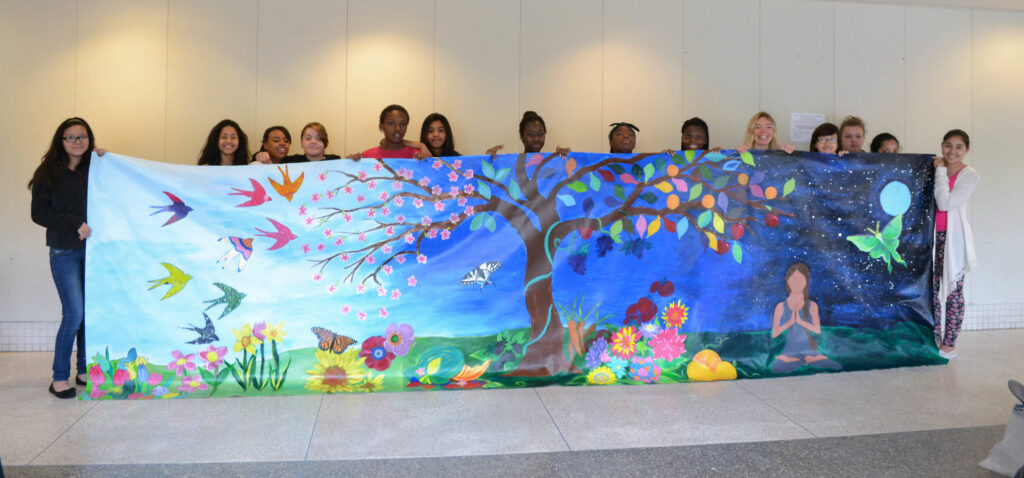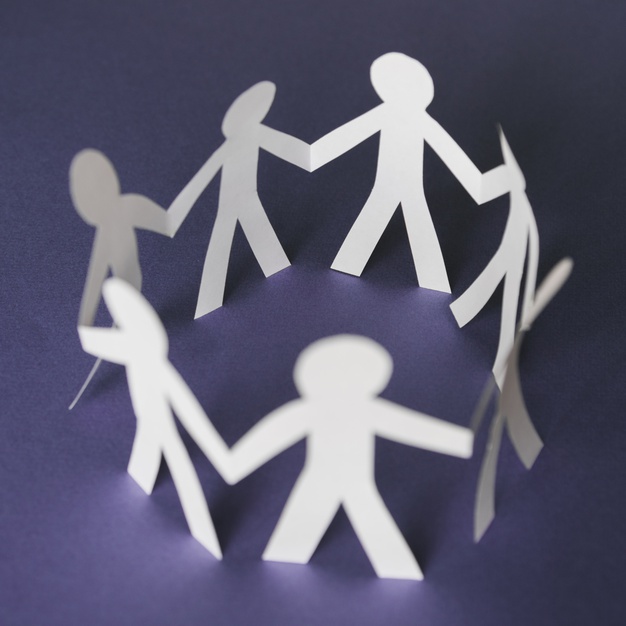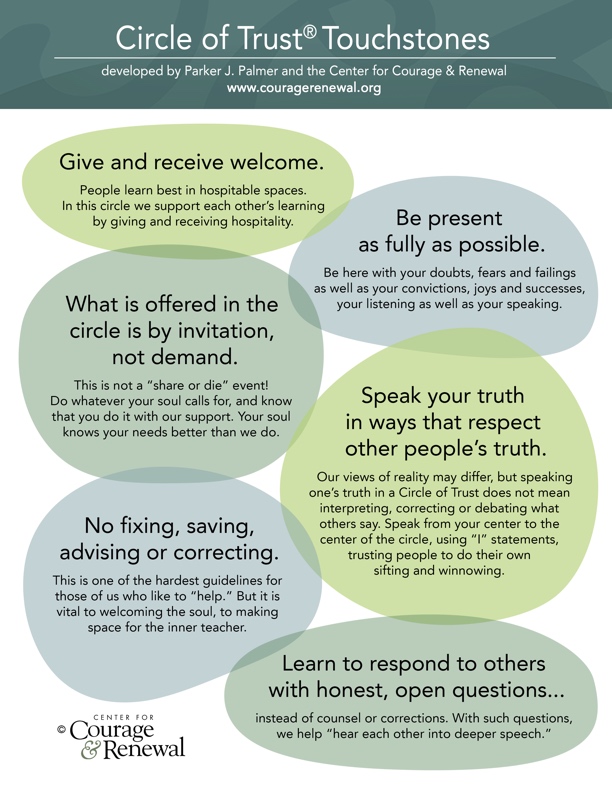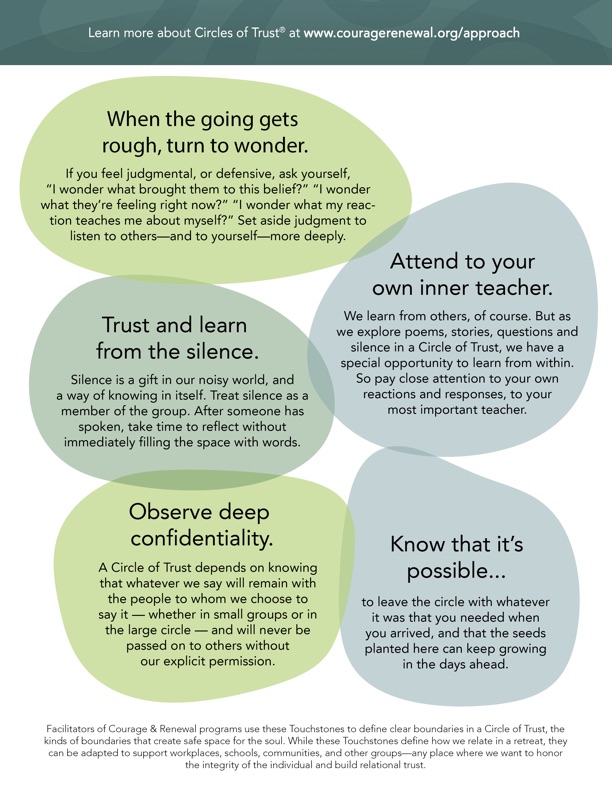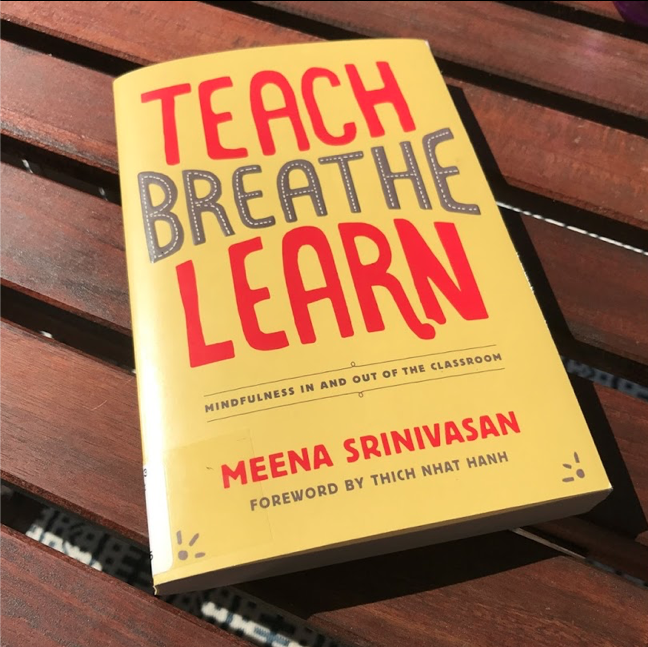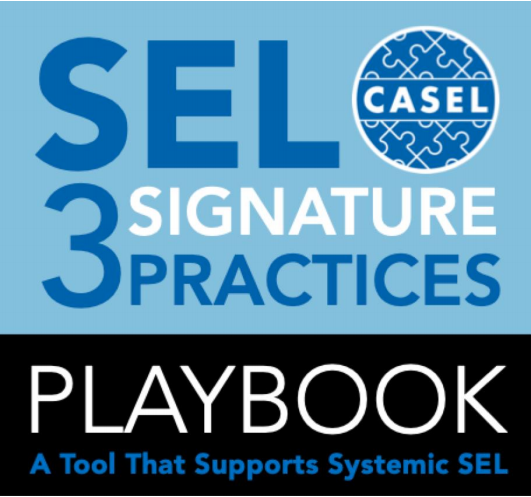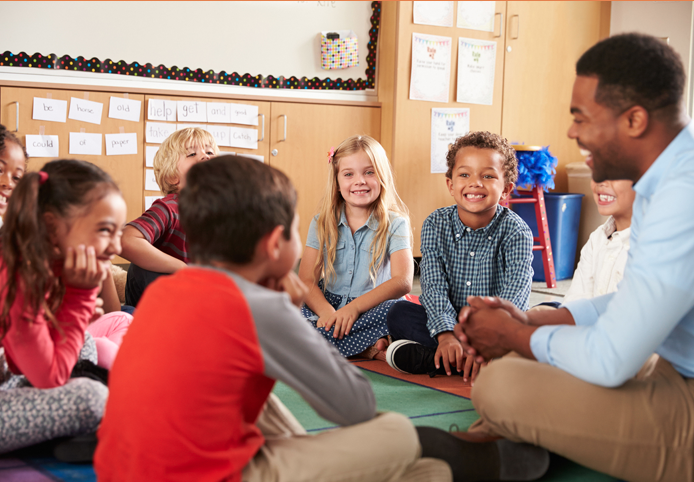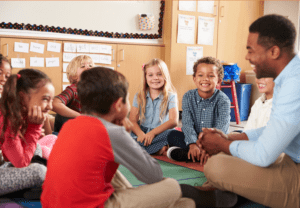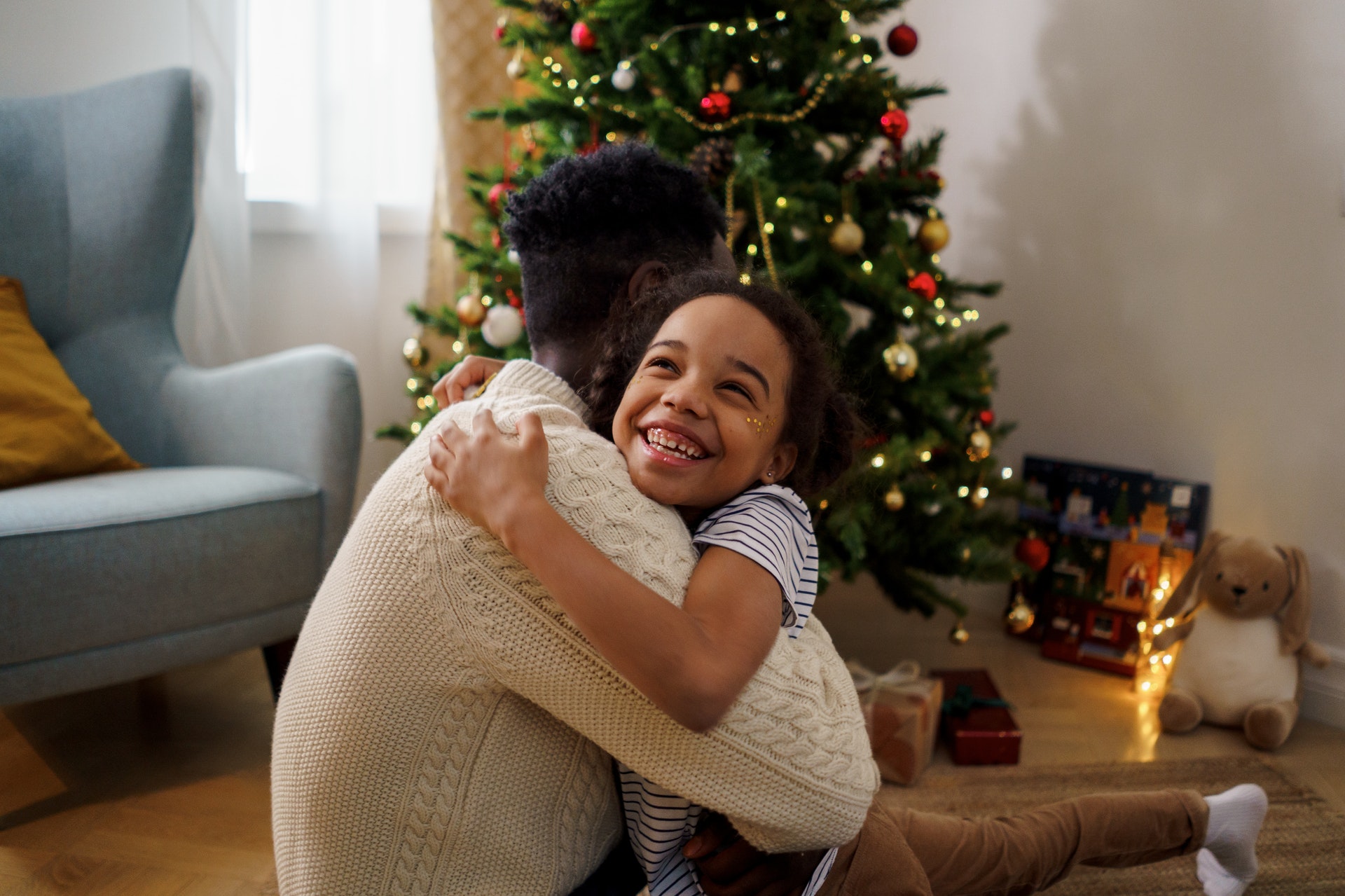
At IvyChild International, we have always believed in sharing resources and tools to help people along on their own mindfulness journey. These resources are always aimed at providing practitioners of mindfulness, both novice and veteran, some useful aids and insights that enhance and deepen their practice.
And now, as the holiday season is upon us, we’re taking the #SeasonOfGiving further with a roundup of the top 5 of our most popular and important mindfulness resources. These range from tools to help you center yourself to understanding how mindfulness could help children unlock their potential; from ways to cultivate mental health in the midst of the global pandemic to striving for racial justice with the help of mindfulness.
So here’s the list of our Top 5 Free Mindfulness Resources:
Videos from Healing Retreat for People of Color
We begin with one of our most crucial resources for our times; video sessions of the unique Healing Retreat for People of Color(HRPOC).
The COVID-19 pandemic has disproportionately affected people of color and the environment of racial and social injustices further compromises the health and wellbeing of many people of color. As a result, HRPOC has been developed to provide holistic, metaphysical practices and lifestyle tools to reduce the negative impact of the unique challenges that all people of color face.
This retreat teaches that the ancient practices of yoga, meditation, breathwork and mindfulness are invaluable as contemporary life support tools. The inherent substance, meaning viability and sturdiness that lies within these practices are essential and necessary for health and wellbeing for People of Color and other highly impacted groups.
Here are the free videos from the Retreat. If you find the free sessions helpful, you can register for the upcoming monthly series of HRPOC and even consider making a donation to help us keep it going.
HRPOC #1 – The Benefits of Yogic Breathing | Sara Clark
HRPOC #2 – Ayurveda and Nutrition | Angela (Dharma) Fears
HRPOC #3 – Exploring Our Relationship With Our Emotions | Peter Weng
5 Steps to bring you back to center (part of Mindfulness for Parents Teachers and Caregivers)
One of the biggest challenges faced by parents and caregivers is to be able to maintain a state of equilibrium. This workshop, led by Maya Breuer and Kiesha Battles, will focus on 5 Steps to Bring You Back to Center.
In this video resource, participants will explore various wellness tools and techniques to revitalize and reconnect to their center and find the balance they need to renew and serve others. Tools and techniques include Breath-Work, Meditation, Self-Compassion, Movement and Creativity.
Unlocking Children’s Potential Through Mindfulness
Rose Felix Cratsley, Ivy Child International’s CEO & Founder talking about mindfulness in children at TEDxFitchburgStateU.
At Ivy Child International, it is our mission to enhance the social and emotional well-being of children while embracing their multicultural needs using positive psychology and education as a uniting force to inspire resilience and leadership.
Mindfulness equips children with simple practices to work directly with managing their central nervous system, helping them regulate, manage emotional states and focus attention. To understand more of how mindfulness can work for children, you can check out our quick guide to mindfulness for kids.
Cultivating Mental Well-Being Through the COVID-19 Crisis (part of Mindfulness for Parents Teachers and Caregivers)
This resource is yet another from our Mindfulness for Parents Teachers and Caregivers series.
In this video by Peter Weng, CEO, Healthy Minds Innovations(HMI) and a highly regarded practitioner and beloved leader in the field of mindfulness, we learn about compassion practices, access to a free mindfulness app and resources that are shared to develop a personal practice in mindfulness to help navigate this unprecedented time.
Mindfulness and Racial Justice with Craig Martin
We seek accountability for George Floyd, Breonna Taylor, Ahmaud Arbery, and the innumerable Black lives lost due to the horrific systems of oppression that are prevalent in our world today. As we stand in solidarity and work to create spaces for healing for all, we wish to contribute by sharing the importance of building more spaces for real conversations together that result in action.
Abundant thanks to our wonderful friend and community partner Craig Martin for offering a heartful conversation on Mindfulness and Racial Justice.


